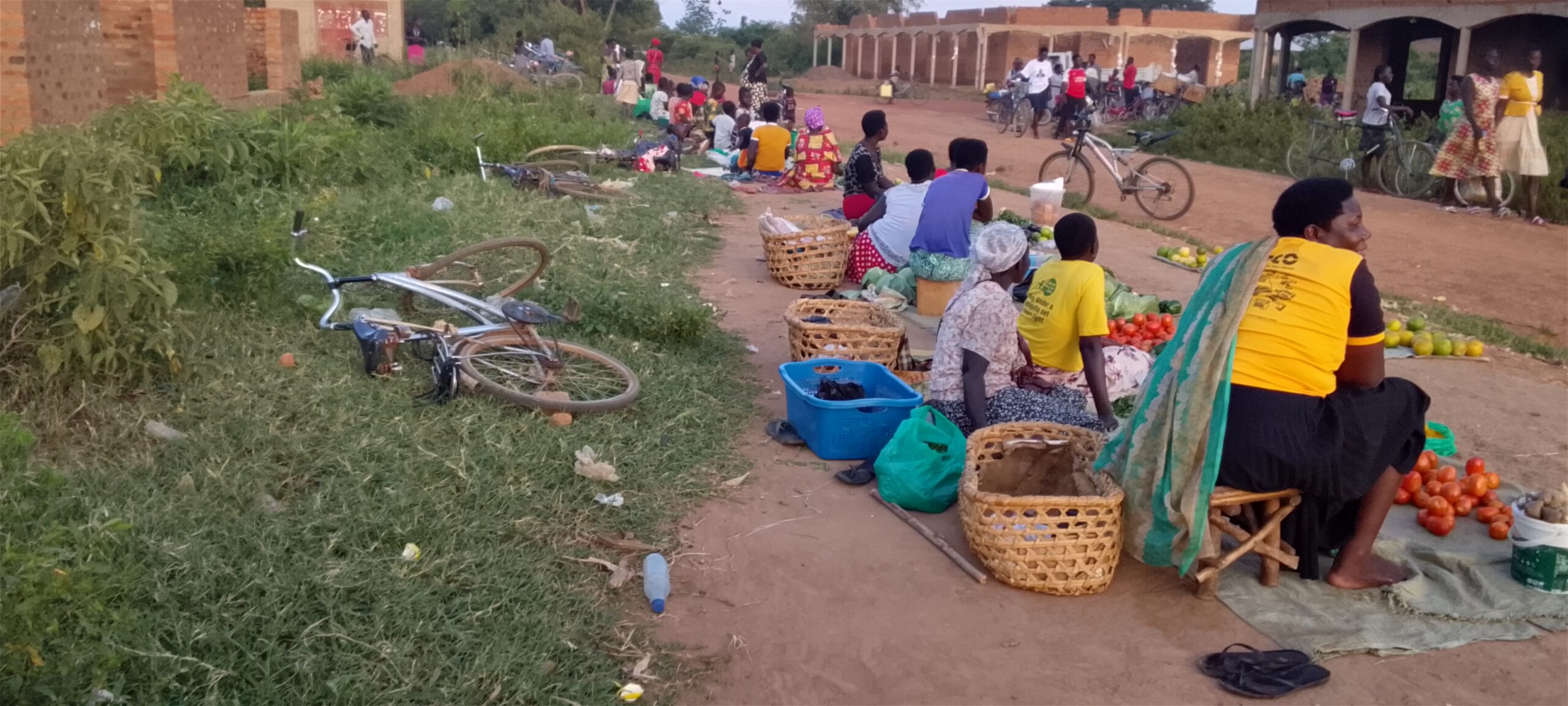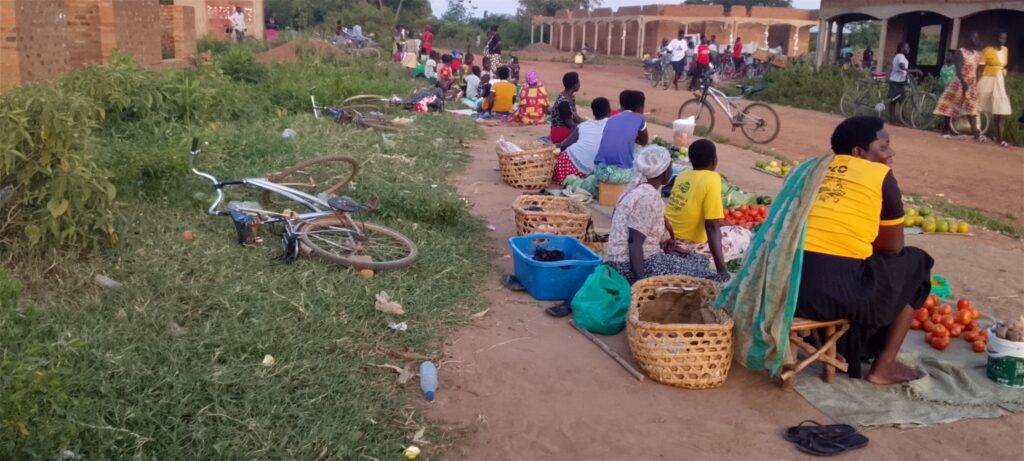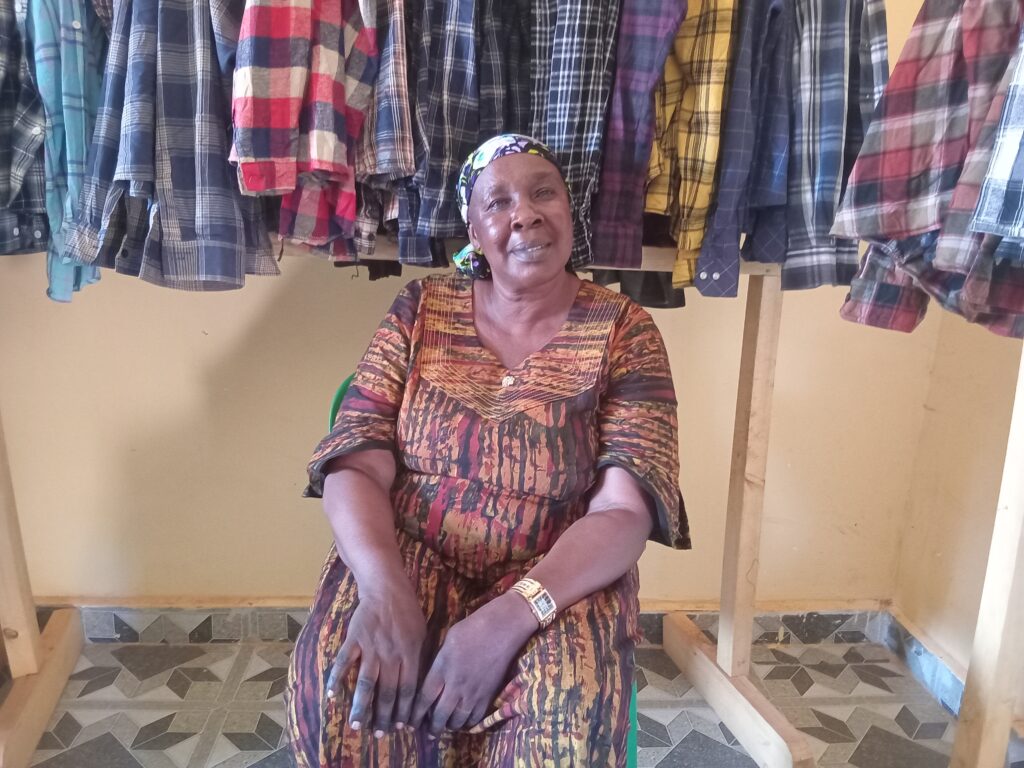
 Hot FM
Hot FM

 Hot FM
Hot FM
15 October 2025, 6:49 pm

By Sarah Ejang
In the heart of Uganda, Amolatar District faces a pressing challenge, with economic and physical violence ranking high among its communities.
Reports indicate that eight out of ten women visit the local Women’s Council office daily, seeking refuge and assistance from domestic violence—a worrying statistic that highlights the urgent need for intervention and support.
At the centre of these issues lies Lake Kyoga, the lifeblood of economic activity in Amolatar. Here, fishing is not just a vocation but a means of survival, with many families dependent on the lake for both income and sustenance.
Despite this, while women are seen tirelessly pedalling bicycles to engage in income-generating activities, men often appear disengaged, spending their days at Mwesu in leisure—playing games and drinking, contributing little to household responsibilities or tending to the gardens.
Sylvia Alaba, a former workers’ councillor and current women’s parliament panelist at a local radio station, sheds light on these harsh realities. She emphasises that women who manage to generate some income often carry the full weight of familial responsibilities.

“Often, men leave in the early morning while their wives remain behind to care for children with empty stomachs. They return late at night, often satisfied but without any thought for their families,” Alaba laments.
This neglect is not limited to economic responsibilities; it also contributes to an increase in physical violence, often rooted in infidelity. Men involved in extramarital affairs resist accountability when confronted by their wives, resulting in domestic abuse that manifests as beatings and brutal assaults.
The emotional scars left by such incidents are equally troubling, with many women reporting persistent psychological abuse that leaves deep internal wounds.
Alaba recounts the plight of a woman from Aputi Sub county, whose husband has publicly belittled her, saying, “You are too ugly for me to introduce you to my colleagues.” Such degrading remarks further isolate and demean women, stripping them of dignity while their husbands squander resources on extraneous relationships instead of supporting their families.
Another heartbreaking story comes from Akullo Jennifer, a 40-year-old mother of five from Nalibwoyo Sub county.
Married at just 16, Akullo believed that marriage would end her struggles, yet she now finds herself shouldering her family’s welfare alone. Her husband, now 52, has never provided basic necessities such as clothing. Instead, he cohabits with other women while Akullo works the fields to ensure her children’s education and well-being.
With tears streaming down her face, Akullo reflects on the impact of her husband’s negligence.
“Most of my children have dropped out of school,” she says, recalling that her eldest, now 24 and married, was unable to complete primary school.
Despite attempts by the clan to intervene—summoning her husband, administering physical punishment, and involving law enforcement—his behaviour remains unchanged. The clan insists she stay in her marriage, hoping her endurance will yield positive change.
Faced with these burdens, Akullo feels trapped. Although she wishes to leave, the absence of physical abuse leaves her in a dilemma. She is forced to navigate the paradox of maintaining her home for her children while living with a partner who shows little regard for her welfare.
In an interview, Prime Minister Lilly Okello Opuc discussed the alarming rise in complaints of domestic violence received by her office, under the guidance of Clan Head Otek Oyanga Bura.
Her comments highlighted not only the prevalence of physical and emotional abuse but also drew attention to a less frequently discussed form of domestic strife: economic violence. Prime Minister Opuc noted that many complaints come from mothers overwhelmed by domestic responsibilities.
“Many of these women are left to manage their households entirely on their own,” she explained. “They bear the weight of financial burdens and caregiving without support from their spouses.”
This economic strain is particularly stressful, compromising family well-being and perpetuating cycles of poverty and distress.
Mrs Okello also addressed the issue of infidelity, frequently reported among both men and women. She stated, “Cases of extramarital affairs are becoming increasingly common, and it is crucial to understand the societal factors at play.” When questioned about motivations behind these affairs, many men cited cultural beliefs and norms as influencing factors.
This revelation sparked a broader discussion on how deeply ingrained cultural attitudes impact personal relationships and family dynamics.
“We must challenge the norms that allow such behaviours,” asserted Mrs Okello. “It is time to foster an environment where mutual respect and equality within partnerships are prioritised.”
The prime minister’s insights underline the importance of examining domestic violence through a multifaceted lens, recognising that economic disparities and cultural influences significantly contribute to the challenges families face. Her office continues to receive and address complaints, emphasising that a comprehensive approach—including education, cultural change, and economic empowerment—is essential to mitigating domestic violence and supporting family welfare.
Through her leadership, Prime Minister Lilly Okello Opuc is amplifying the concerns of countless individuals while laying the groundwork for meaningful reforms that can lead to healthier, more equitable relationships.
The situation in Amolatar serves as a poignant reminder of the systemic issues surrounding gender roles, domestic violence, and economic disparity. Women like Sylvia and Akullo represent countless others whose voices must be heard in the quest for change.
As they navigate these daily challenges, it is crucial for the broader community and governing bodies to acknowledge and address the root causes of violence, ensuring that women are empowered and protected in both their homes and livelihoods.